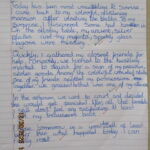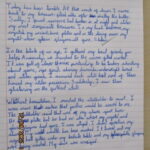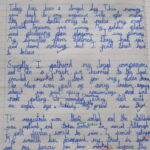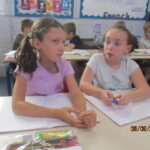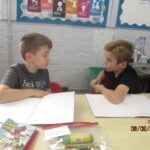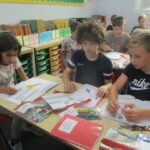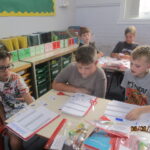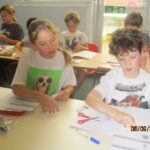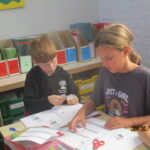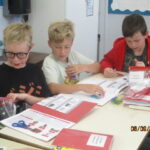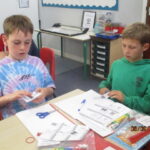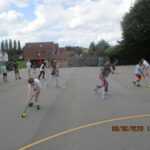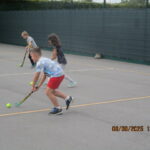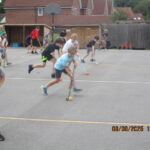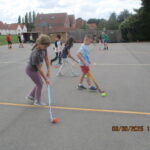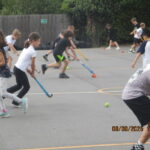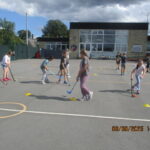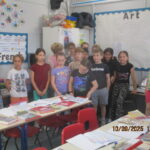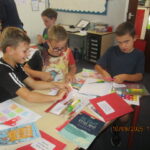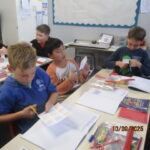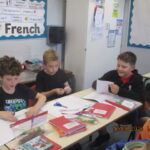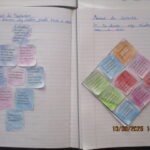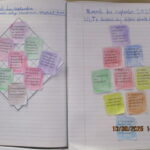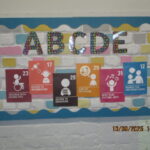This week, we started reading our new class book, The Outlaw by Michael Morpurgo. The children have been working on ERIC (Explain, Retrieve, Interpret, and Author’s Choice) questions to help them develop their reading skills. They practised retrieving key details from the text and interpreting characters’ thoughts and feelings. We also looked closely at the author’s choice of words and phrases, discussing how these make the book more interesting and engaging. The children are already enjoying the story and are excited to find out what will happen next!
Building on these reading skills, in English, Year 4 and Year 5 explored the features of a diary entry, recognising that they are written in the first person, use the past tense, and often include personal thoughts and emotions. The children practised using noun phrases to add vivid detail and fronted adverbials to enhance their writing. To apply their learning, they wrote their own diary entries, skilfully weaving in description and emotion to bring their work to life.
Our focus on language and storytelling linked neatly with our new History topic: Crime and Punishment. The children looked at a timeline from the Romans to the 21st century and discussed what life was like in different periods. They matched key vocabulary to definitions and worked in groups to link crimes with how they were detected and the punishments given.
In PE, the children took their first steps into hockey. They concentrated on developing attacking skills to beat a defender, while also learning important rules about safe stick use. Working carefully around their classmates, they practised open stick and reverse stick dribbling, as well as moving the ball into space while keeping control.
Finally, in PSHE, the children turned their attention to their rights and responsibilities. Together, they created a class charter linked to the Rights Respecting Schools (RRS) articles. In groups, they discussed which rights were most relevant to their day-to-day life in school and agreed on a charter that reflects their shared values, focusing on Articles 12, 17, 23, 28, 29, and 31. They then explored the reasons for empowering children and young people, using a Diamond 9 activity to rank different ideas in order of importance.

